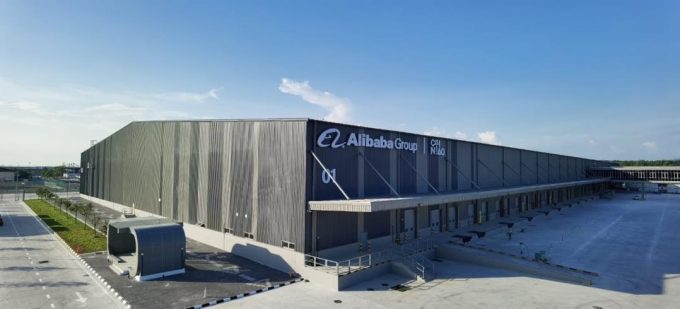Maersk bids to burst PTP bubble as it reports record congestion-free month
The port of Tanjung Pelepas (PTP) reported a record-breaking month, without congestion, in July, but ...

Alibaba’s long-awaited e-fulfilment hub at Kuala Lumpur International Airport (KLIA) is now open for business.
And officials are hoping to see cargo volumes and freighter flights double within a decade.
Billed by the Malaysian government in 2017 as a “game-changing idea by [Alibaba chief] Jack Ma”, they ...

Comment on this article